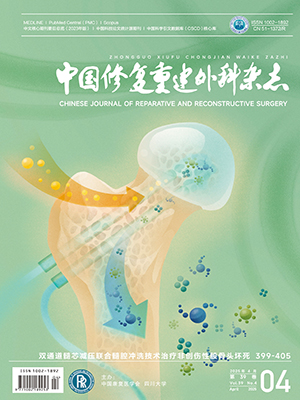OBJECTIVE: To explore the expressive characteristics of epidermal growth factor (EGF) and its receptor (EGFR) in tissues of fetal and adult intestines. METHODS: The expression intensity and distribution of EGF and EGFR were detected with pathological and immunohistochemical methods in 6 specimens of adult (16-54 years) intestines and 18 specimens of fetal intestines with different gestational ages (13-31 weeks). RESULTS: Positive protein particles of EGF and EGFR could be detected in tissues of fetal and adult intestines. The protein expressions of EGF and EGFR were elevated progressively with the gestational age. EGF was mainly located in the cytoplasm and extracellular matrix of intestinal villus cells, endothelial cells and tunica serosa epithelial cells, while EGFR chiefly distributed in the cellular membrane of these cells. CONCLUSION: The endogenous EGF and EGFR might be involved in the intestinal development at embryonic stage, in the structural and functional maintenance at adult stage, and in the wound healing after injury.
Citation: CHEN Wei,FU Xiao bing,SUN Tong zhu,et al.. EXPRESSIVE CHARACTERISTICS OF EPIDERMAL GROWTH FACTOR AND ITS RECEPTOR IN TISSUES OF FETAL AND ADULT INTESTINES. Chinese Journal of Reparative and Reconstructive Surgery, 2003, 17(4): 289-292. doi: Copy
Copyright © the editorial department of Chinese Journal of Reparative and Reconstructive Surgery of West China Medical Publisher. All rights reserved




